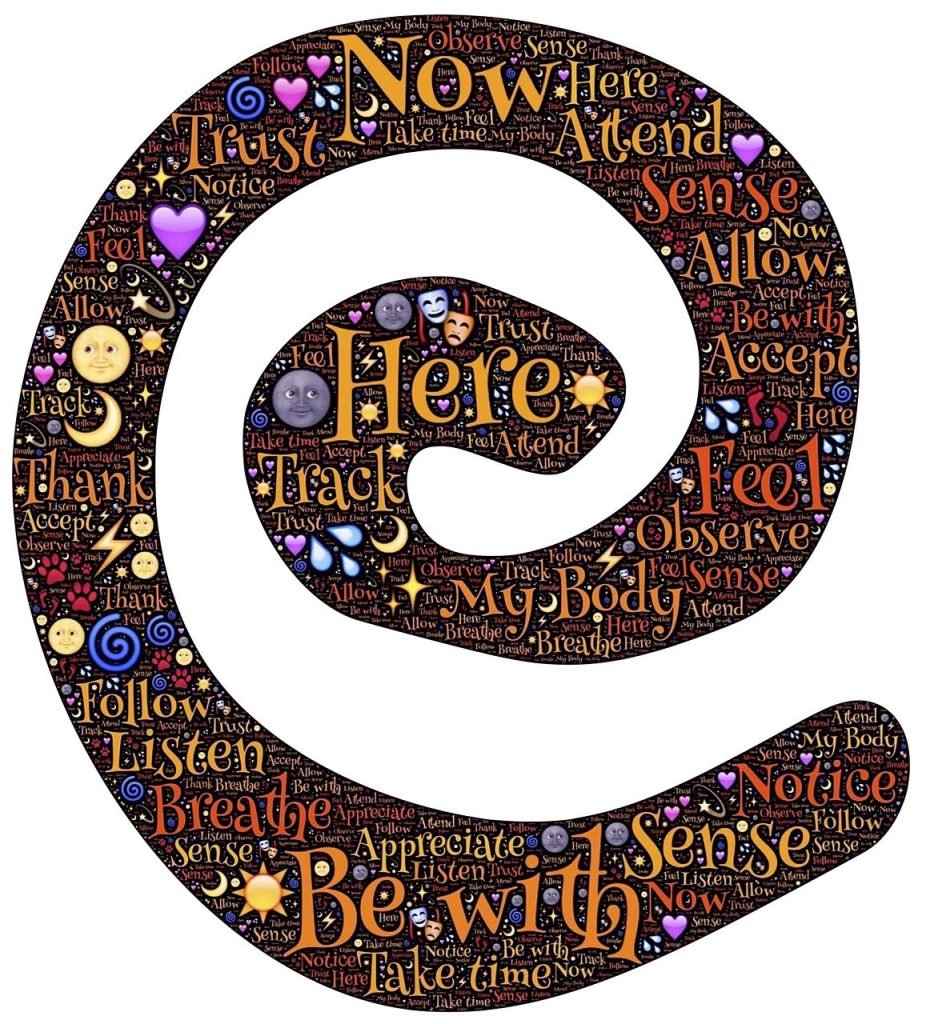
Dealing with strong emotions is a complex but essential part of life. Whether it’s overwhelming joy, intense anger, deep sadness, or profound anxiety, emotions can affect our mental and physical well-being. Learning to manage and navigate these powerful feelings is crucial for maintaining a healthy and balanced life.
Understanding Strong Emotions
Emotions are a fundamental aspect of human experience. They serve as signals, indicating our reactions to various stimuli. Strong emotions often arise from significant events, experiences, or personal triggers. While they can be exhilarating or challenging, acknowledging and understanding them is the first step in managing their impact.
Acknowledge Your Feelings
When faced with intense emotions, it’s crucial to acknowledge them rather than suppress or ignore them. Denying emotions can lead to increased stress and mental health issues. Recognizing and accepting your feelings allows you to address them more effectively.

Mindfulness and Self-Awareness
Practicing mindfulness and cultivating self-awareness are powerful tools for managing strong emotions. Mindfulness involves being present in the moment without judgment. By observing your emotions without attachment, you can gain insight into their origin and nature.
Self-awareness helps you recognize emotional triggers and patterns in your behavior. This awareness empowers you to respond consciously rather than react impulsively to situations.
Emotional Regulation Techniques
Several techniques can help regulate strong emotions:
Deep Breathing and Relaxation
Deep breathing exercises, such as diaphragmatic breathing or progressive muscle relaxation, can help calm the nervous system and reduce the intensity of emotions.
Expressive Writing or Journaling
Writing about your emotions in a journal can provide clarity and insight into your feelings. It allows you to express yourself freely and identify recurring patterns.
Mindfulness Meditation
Regular meditation practice enhances emotional resilience and cultivates a sense of calm. It enables you to observe thoughts and emotions without being overwhelmed by them.
Engaging in Physical Activity
Exercise releases endorphins, the body’s natural mood lifters, which can help alleviate stress and regulate emotions.
Seeking Support
Sharing your feelings with trusted friends, family, or a therapist can provide valuable support. Talking about emotions can offer perspective, validation, and guidance in navigating challenging feelings.
Coping Strategies
Developing healthy coping strategies is crucial for managing strong emotions:
Healthy Lifestyle Habits
Maintaining a balanced diet, adequate sleep, and regular exercise supports emotional well-being. Proper self-care acts as a buffer against stress and intense emotions.
Setting Boundaries
Establishing boundaries in relationships and commitments can prevent emotional overwhelm. Learning to say no when necessary protects your mental and emotional space.
Time Management and Stress Reduction
Organizing tasks and managing time effectively reduces stress, preventing emotional overload.
Reflection and Learning
Reflection on past experiences allows you to learn from them. Analyzing how you handled previous emotional situations helps develop strategies for managing future occurrences.

Acceptance and Growth
It’s essential to accept that experiencing strong emotions is a normal part of life. Instead of striving to eliminate them entirely, focus on understanding and managing them effectively. Emotions provide an opportunity for personal growth and self-discovery.
Conclusion
Strong emotions are an integral part of the human experience, and learning to deal with them constructively is crucial for mental and emotional well-being. By acknowledging, understanding, and regulating these feelings through mindfulness, self-awareness, healthy coping strategies, seeking support, and fostering a growth mindset, individuals can effectively manage and navigate the complexities of their emotions, leading to a more balanced and fulfilling life.







